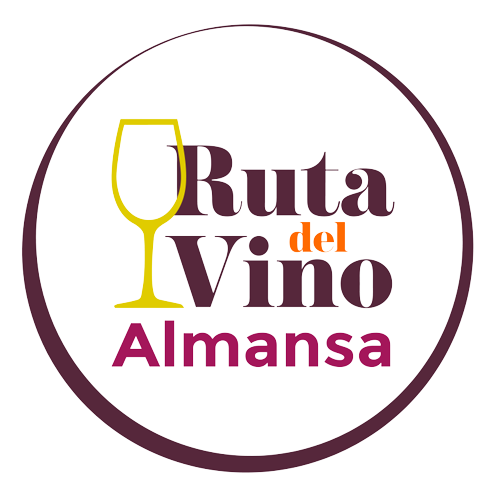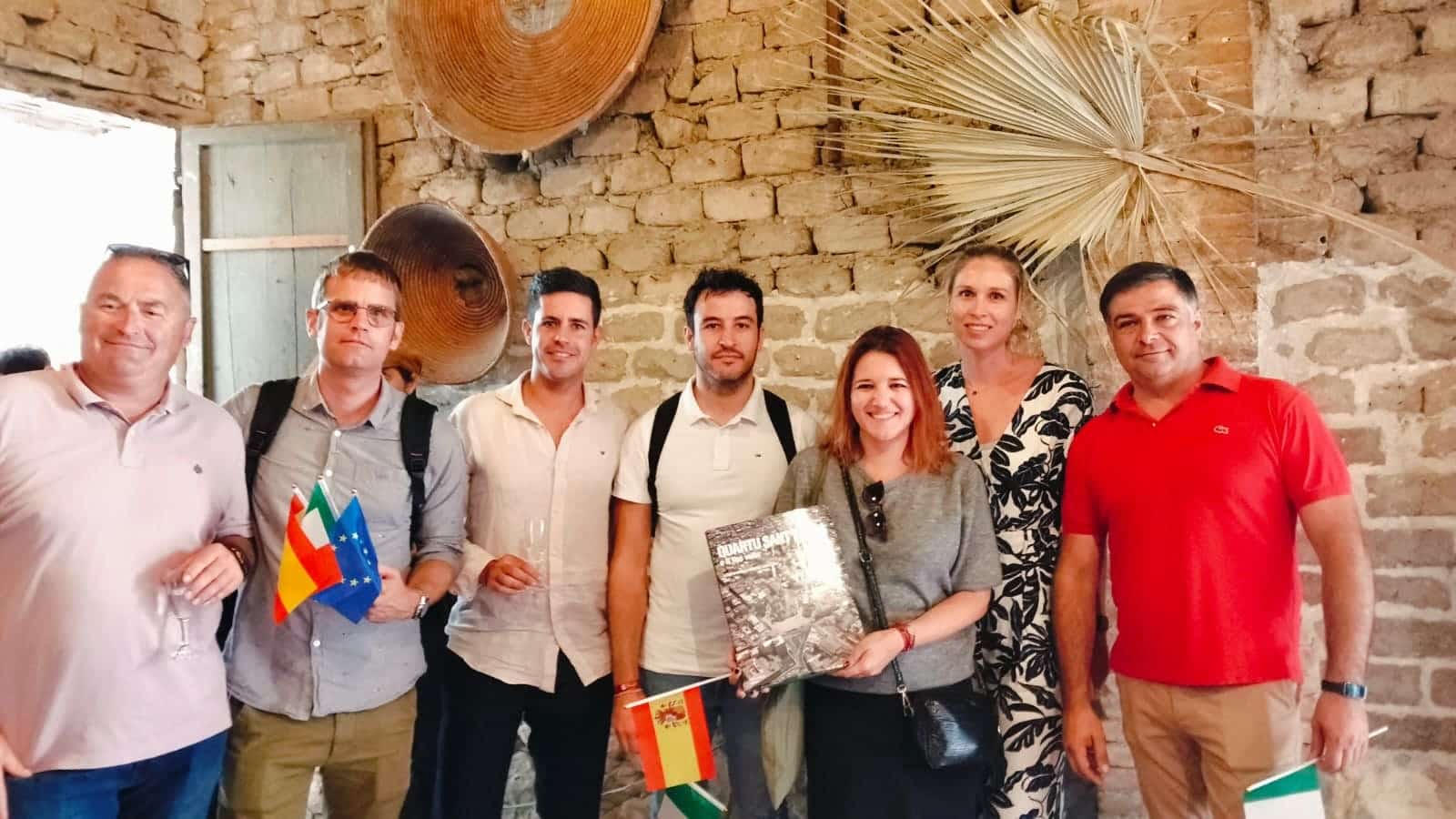The Almansa Wine Route participated in the Oenological Congress ‘Vine, Territory and Innovation: Oenological Sustainability in the Mediterranean’, held in Quartu Sant’Elena (Sardinia, Italy) as part of the European project B. A.C.C.H.U.S. project, co-financed by the EU through the programme. The route travelled to Sardinia to promote the value and quality of Almansa DO wines. CERV. Almansa Wine Route, Institutional representatives and wineries from the Almansa Designation of Origin attended this European wine conference, with tastings and presentations that highlighted wine tourism and Mediterranean wine culture.
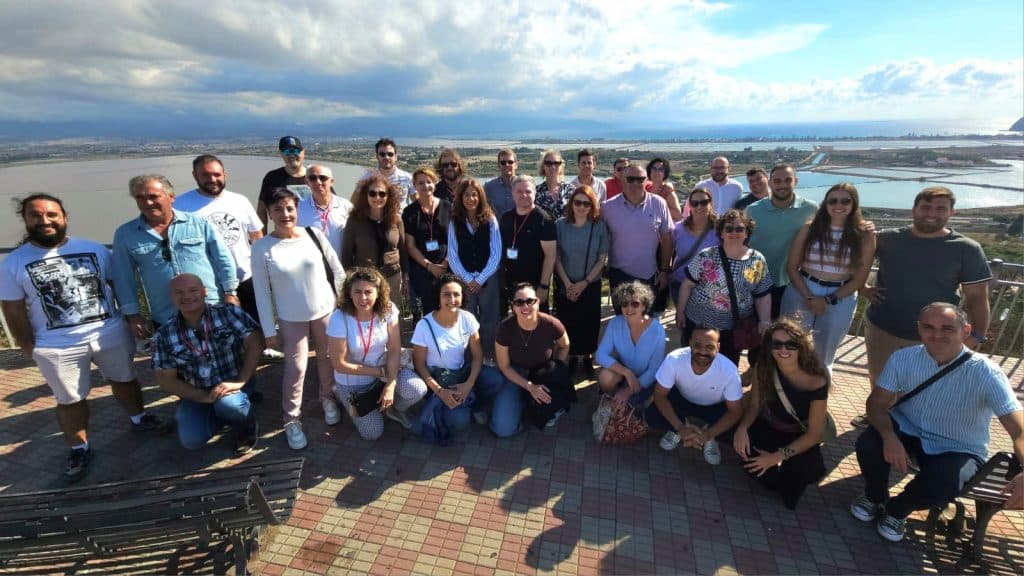
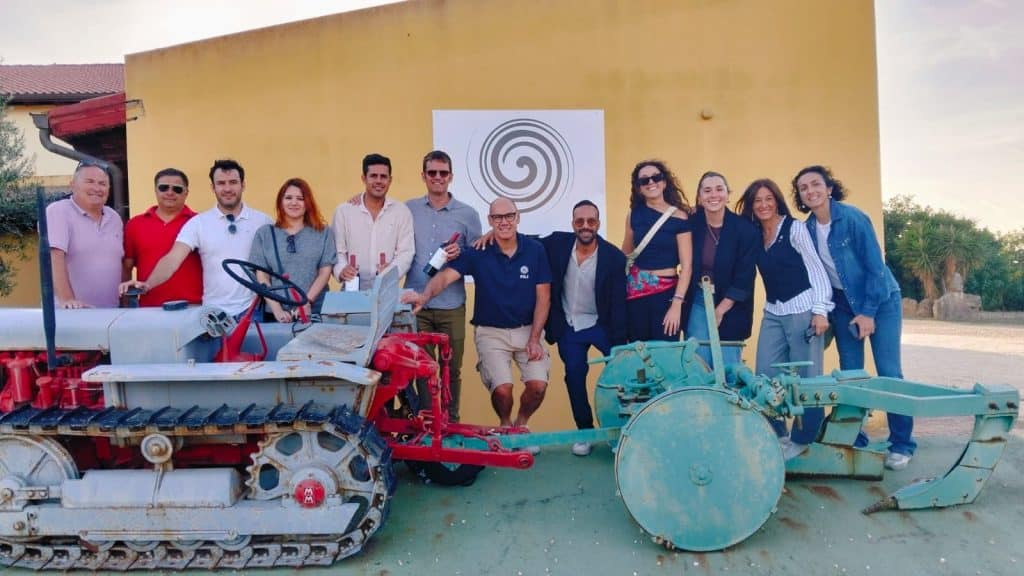
Wine tourism as an economic driver for the region
The delegation was led by the president and coordinator of the Almansa Wine Route, Antonio González and Cristina Maldonado, respectively, and included representatives from institutions and companies associated with the route, as well as from the town councils of Almansa, Alpera, Higueruela and Hoya Gonzalo. In addition, we were joined by representatives from the agency associated with the route, Haya Travel, and Belén Núñez, coordinator of Almansa Tourism (Almansa Turística).
Wineries belonging to the Almansa Designation of Origin also took part in an event that brought together twin regions to share experiences on wine, sustainability and cultural identity, with wine tourism gaining great importance as an economic driver!
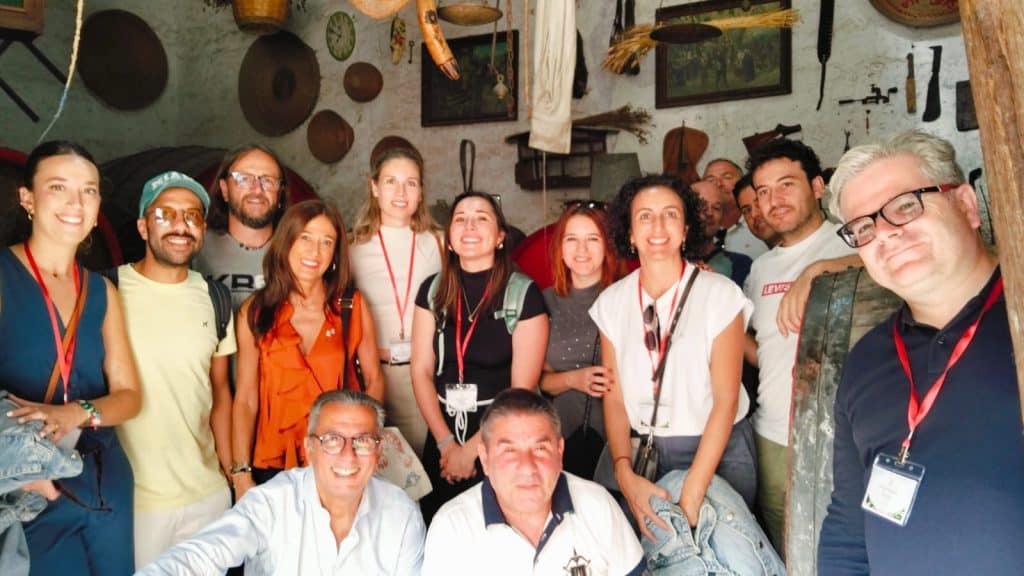
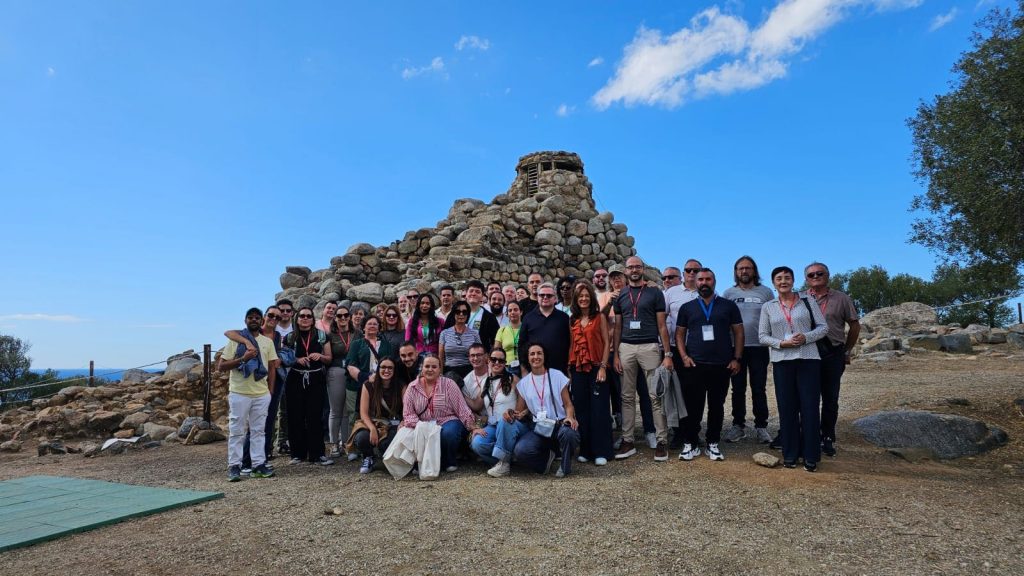
Prominent presence of DO Almansa at the Wine Congress
During the technical sessions, wineries such as Hacienda El Espino, Bodegas Atalaya and Bodega Santa Cruz de Alpera shared their experience in modernisation, sustainable exportation and technological innovation in the production processes of wines with the DO Almansa seal of quality. In addition, during the visit, participants were able to sample and taste Sardinian wines.
Authorities such as Fran Valera, Vice-President of the Albacete Provincial Council, emphasised the role of wine as a ‘marker of identity and future’ for the province of Albacete and the Almansa region, highlighting its economic contribution (more than €13 million per year, 70% of which is exported) and its cultural and tourist value.
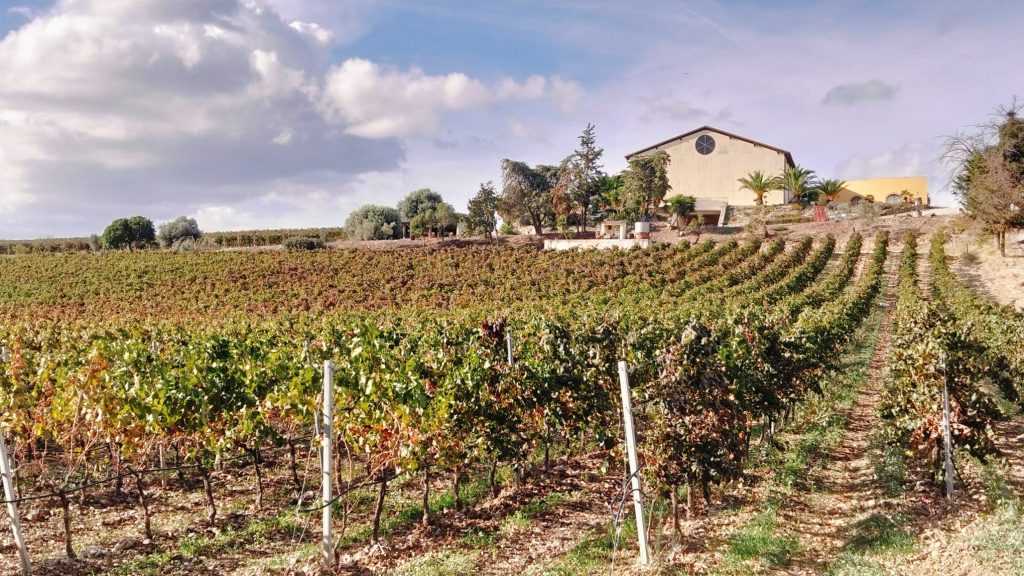
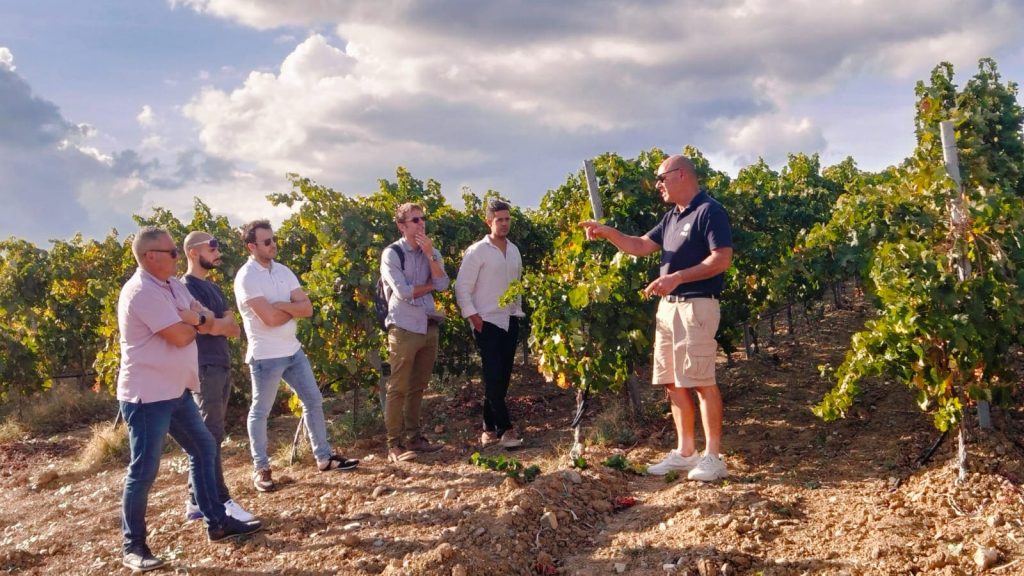
A bridge between Mediterranean territories
The conference, part of the B.A.C.C.H.U.S. project, promoted cooperation between European wine-producing regions and reflection on common challenges: sustainability, innovation, agricultural recovery and the enhancement of wine heritage. The participation of the Almansa Wine Route, according to Cristina Maldonado, ‘reinforces its commitment to the international dissemination of wine culture, the promotion of wine tourism and the strengthening of our sector as an economic driver that also promotes the creation of synergies with other Mediterranean territories such as Sardinia’.

